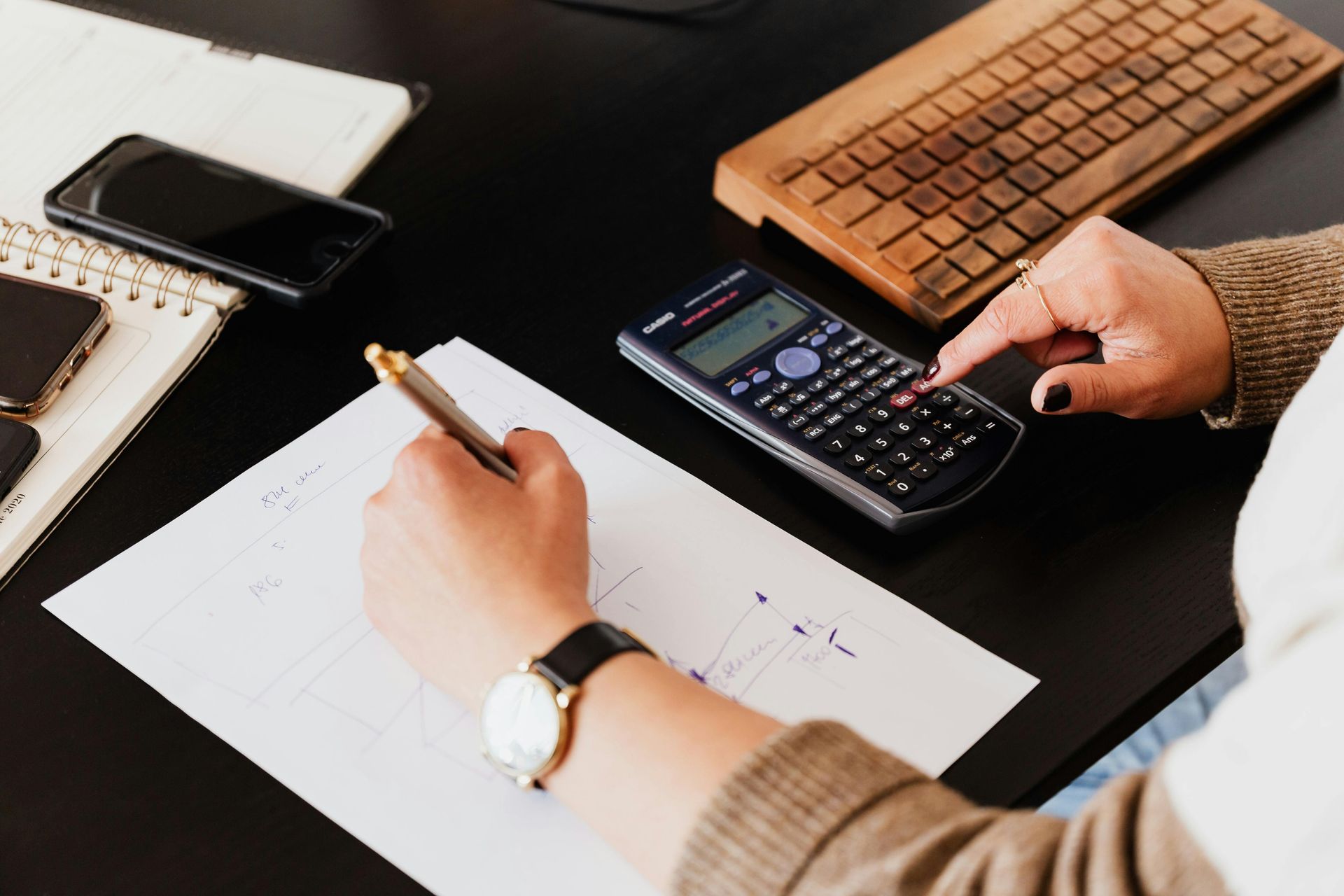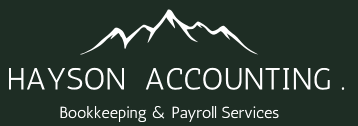Understanding Your Business Taxes as a UK Sole Trader: A Simple Guide
Running your own business gives you freedom, flexibility, and control — but it also means you’re responsible for handling your own taxes. For many sole traders, this can feel confusing, especially when balancing client work, invoicing, and everyday business tasks.
At Hayson Accounting, we work with self-employed professionals across West Sussex — from freelancers in Brighton and Hove to tradespeople in Worthing and Chichester — helping them stay compliant and confident at tax time. This guide breaks down the essentials so you know exactly what to expect.
1. What Is a Sole Trader?
A sole trader is a self-employed individual who runs their own business and keeps all profits after tax. It’s the simplest business structure in the UK and ideal for freelancers, contractors, and small business owners.
However, being a sole trader also means you’re personally responsible for your business debts, tax payments, and record-keeping. There’s no legal separation between you and your business — something every new entrepreneur should understand before starting out.
2. Registering With HMRC
If you earn more than
£1,000 from self-employment in a tax year, you must register as a sole trader with
HMRC.
Here’s how to do it:
- Go to the HMRC website.
- Create a Government Gateway account.
- Register for Self Assessment and Class 2 National Insurance.
Once registered, HMRC will issue a Unique Taxpayer Reference (UTR) number — you’ll use this for all future tax returns and correspondence.
3. Keeping Accurate Business Records
Good record-keeping makes tax time far less stressful. You’ll need to track your income, expenses, and any invoices or receipts throughout the year.
What to record:
- All business income (sales, freelance work, commissions)
- All allowable expenses (supplies, mileage, software, etc.)
- Bank statements, invoices, and receipts
Using cloud accounting tools such as Xero or QuickBooks can save hours of manual work and reduce the risk of errors. Hayson Accounting helps many sole traders in Crawley, Haywards Heath, and Littlehampton set up these systems to simplify bookkeeping.
4. Understanding Your Taxes
As a sole trader, you’ll pay three main types of tax:
- Income Tax – based on your profits (income minus expenses).
- National Insurance – Class 2 and Class 4 contributions, depending on your earnings.
- VAT (if applicable) – if your turnover exceeds £90,000, you must register for VAT.
Pro tip: Set aside around 25–30% of your income in a separate savings account to cover your annual tax bill. This ensures you’re never caught off-guard when the January deadline arrives.
5. Claiming Allowable Expenses
Many sole traders lose money by not claiming legitimate expenses. Common allowable deductions include:
- Office supplies and stationery
- Business travel and mileage
- Marketing and advertising costs
- Professional fees (including accounting services)
- Software subscriptions and mobile phone bills (if used for work)
If you work from home, you can also claim a portion of your household bills — like electricity or broadband — as business expenses.
Hayson Accounting can help you identify every deduction you’re entitled to, ensuring you never overpay tax.
6. Filing Your Self-Assessment Tax Return
Each year, you’ll need to submit a Self Assessment tax return — usually by 31 January following the end of the tax year (5 April).
You can file online through HMRC or have your accountant handle it for you. An experienced accountant ensures:
- All figures are accurate and compliant
- All eligible deductions are claimed
- Deadlines are met to avoid penalties
Many sole traders across West Sussex choose to outsource their tax returns to Hayson Accounting for peace of mind and time savings.
7. Planning Ahead for Growth
As your income increases, it might make sense to transition from sole trader to a limited company. This can bring tax advantages and added legal protection — but it’s not always the right choice for everyone.
A quick consultation with your accountant can help you decide when (or if) incorporation is beneficial for your situation.
Final Thoughts
Understanding your taxes as a sole trader doesn’t have to be complicated. With the right systems, consistent record-keeping, and expert advice, you can stay compliant, stress-free, and focused on growing your business.
At Hayson Accounting, we specialise in helping sole traders and small business owners across West Sussex and beyond manage their finances with confidence. Whether you need help setting up your books, filing your tax return, or planning for the future — we’re here to support you every step of the way.
FAQs
1. Do I need an accountant as a sole trader?
You’re not legally required to have one, but a professional accountant can help reduce your tax bill, avoid penalties, and save you time.
2. When do I pay my Self Assessment tax bill?
The main payment deadline is
31 January, but many people also have a
payment on account due on
31 July.
3. Can I work with Hayson Accounting if I’m not based in West Sussex?
Yes! While many of our clients are in
Brighton,
Chichester, and
Crawley, we support sole traders throughout the UK via secure cloud accounting systems.





